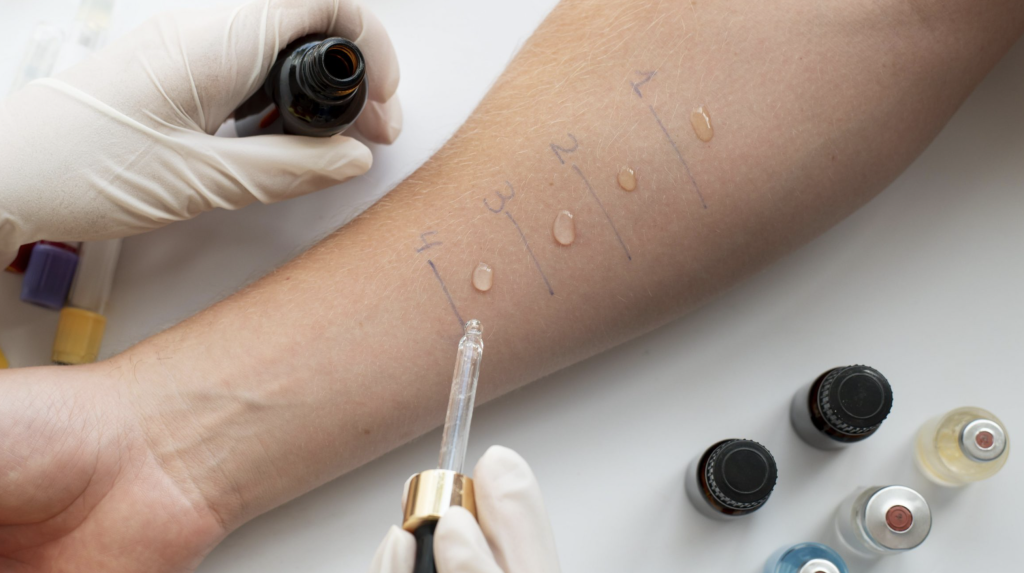Do you suspect that you have a food allergy? Before cutting certain food off your menu, it is advisable to take the guesswork out of the equation. You could forgo some delicious and nutritious dishes, yet they are not the primary for the unpleasant and presumably allergic reaction. With allergy testing Bridgewater, you will gather enough information to determine if you are allergic or have intolerance and devise a treatment plan if necessary. Among the top reasons emphasizing the need for food allergy testing includes:
Allergy vs. intolerance
Differentiating allergy and intolerance is essential. It informs the treatment strategy for the best results. An allergic reaction is faster and is caused by antibodies’ release. Intolerance takes time, ranging from hours or days after taking certain food. After a thorough diagnosis, your doctor will establish if you have food allergy or intolerance, which are not managed the same way.
Allergies are treated through:
· Antihistamines for mild/moderate reactions
· Adrenaline for severe cases
Intolerance has no cure. Your doctor could recommend eating certain foods less often, taking smaller amounts, avoiding them, or including supplements to improve digestion.
Nutrition guide
Self-diagnosis could mean removing significant diets off your menu. It is common in kids, especially as parents worry that their young ones can experience severe reactions. While cutting the food eliminates the allergic episodes, it could also mean nutrient deficiencies. This can cause serious health issues, especially for your developing child, who needs optimal nutrients for healthy growth.
Food allergy testing provides valuable information that helps in diet management. You will learn the serious allergic triggers and know how to avoid them. You will also learn about the best substitutes to ensure proper nutrition. You won’t simply remove entire food groups from your diet regimen with such information, exposing your body to nutrient deficiencies.
Severe reactions
A severe allergic reaction is referred to as anaphylaxis. It is a potentially life-threatening reaction that mostly occurs within seconds after exposure to an allergic food. Peanut, for example, is among the most common food allergy, and while you can avoid it, in some incidences, you can accidentally be exposed.
How you respond to the exposure is what counts since it can save you from a life-threatening instance or worsen the problem. After diagnosis, you will learn how dangerous a food allergy is and the best way to handle such cases. For example, the doctor can recommend carrying an epinephrine auto-injector. In emergencies, you can effectively use it to counter the reaction, saving your life.
Treatment
After diagnosis, your doctor will assess the situation and start effective treatment measures. They have solid information about your food allergies. This means they can pick a strategic treatment from:
- Medication
- Oral immunotherapy
- Avoidance, to mention a few approaches
Comfortable lifestyle
Leaving in constant fear of allergic reactions can be a significant blow to your life. This is more so for parents managing allergies in kids. Food allergy testing eliminates such amplified worries. You can take the right measures, including informing teachers and other involved parties of your child’s allergies without guessing. This makes it easier to maintain dietary measures that keep your child safer. With fewer worries, you can let your child have a life, including attending parties, school events, and other functions. This improves the quality of your life.
Don’t let food allergies take a toll on your life; they are treatable and manageable. Visit Respacare today for testing, treatment, and recommendations.

